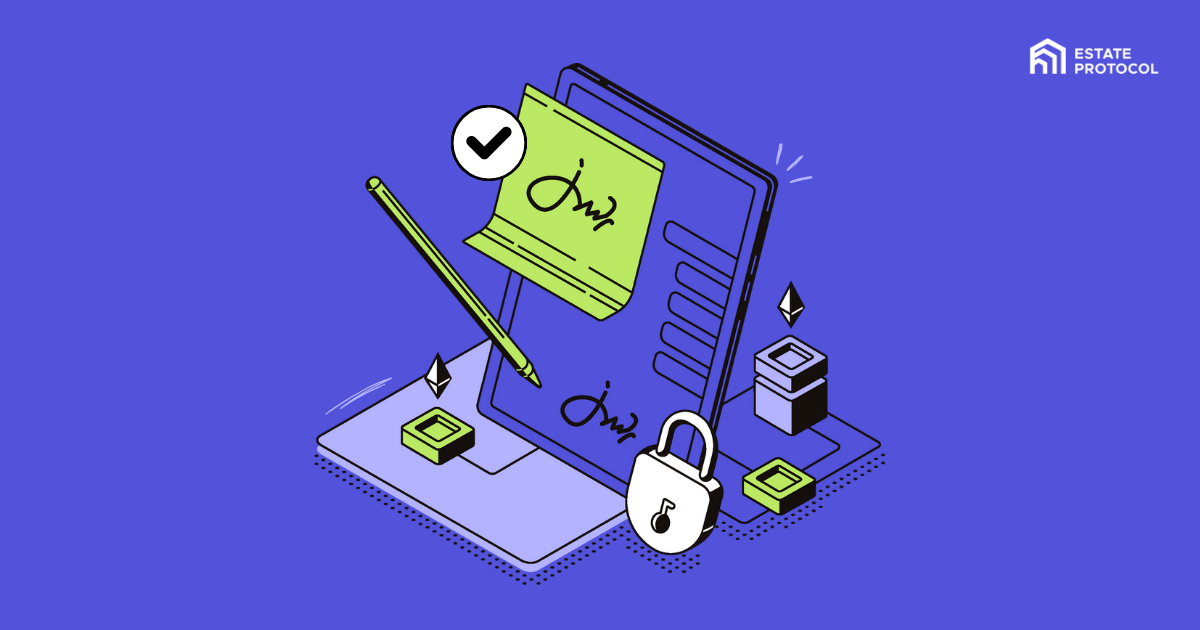Smart contracts have been transforming industries and offering unprecedented transparency and security to businesses. However, they are not entirely foolproof and can pose vulnerabilities if not audited properly. Smart contract audits are critical to ensuring the security of blockchain systems by identifying potential weaknesses and providing recommendations for improvement.
In this section, we will delve into the concept of smart contract audits and discuss their importance in enhancing the security of blockchain systems. We will also explore the procedure involved in conducting a smart contract audit and the costs associated with it.
What is a smart contract audit?
A smart contract audit is an important part of ensuring the security and functionality of a smart contract. Smart contracts are immutable, meaning they cannot be changed once they are deployed on the blockchain. This makes them very secure, but it also means that if there are any errors in the code, they cannot be fixed. That is why it is so important to have a smart contract audit before deploying a smart contract on the blockchain.
A smart contract audit will assess the security and functionality of a smart contract. The auditors will look for any vulnerabilities in the code that could be exploited by attackers. They will also check that the functionality of the contract is working as intended. If any problems are found, the auditors will provide recommendations on how to fix them.
The cost of a smart contract audit will vary depending on the size and complexity of the contract. However, it is generally quite affordable, especially when compared to the cost of deploying a faulty smart contract on the blockchain.
Why do we need Smart Contract Audits?
As the popularity of blockchain and cryptocurrencies continues to grow, so does the need for smart contract audits. A smart contract is a computer protocol that can digitally facilitate, verify, or enforce the negotiation or performance of a contract. Smart contracts allow for the performance of credible transactions without the need for third-party oversight.
There are many benefits to having a smart contract audit. First and foremost, it helps to ensure the accuracy and security of the contract. It also can help to improve the efficiency of the contract and make sure that it is running smoothly. Additionally, a smart contract audit can help to improve the transparency of the contract and make sure that all parties involved are aware of its terms and conditions.
The cost of a smart contract audit will vary depending on the size and complexity of the contract. However, it is generally a very affordable service that can provide a lot of peace of mind for those entering into a smart contract agreement.
How to audit a Smart Contract
Step 1:
The first step is understanding what a smart contract is and what it does. A smart contract is a digital contract that is stored on a blockchain. This contract can be used to enforce the terms of an agreement between two or more parties. For example, a smart contract could be used to automatically send payments to a contractor when a project is completed.
Step 2:
The second step in auditing a smart contract is to obtain a copy of the contract. The contract should be reviewed for errors and security vulnerabilities. The auditor should also review the contract to ensure that it meets the requirements of the parties involved.
Once the contract has been reviewed, the auditor should test the contract to ensure that it works as intended. The auditor should also test the contract for security vulnerabilities.
After the contract has been tested, the auditor should provide a report to the parties involved. The report should contain a list of any security vulnerabilities that were found and any recommendations for improving the security of the contract.
Step 3:
The final step in auditing a smart contract is to provide a report that summarises your findings. This report should include an assessment of the risks associated with the contract. It should also provide recommendations on how to mitigate these risks.
A smart contract audit is an important part of developing a secure and reliable contract. By following these steps, you can be sure that your contract is up to scratch and ready for deployment.
1. Identify the goals of the audit. What do you want to achieve? This will help you scope the audit and plan your approach.
2. Understand the environment. What platform will the contract be deployed on? What programming language was used to write the contract?
3. Review the code. This is the most important part of the audit. You will need to understand the codebase and identify any potential issues.
4. Test the contract. This will help you verify that the contract works as expected and that there are no hidden issues.
5. Write a report. This should document your findings and recommendations. It is important to be clear and concise in your report so that the client can understand and act on your findings.
How much does a smart contract audit cost?
When it comes to blockchain projects and ICOs, one of the most important aspects is the security of the smart contract. That’s why it’s important to have a smart contract audit done by a reputable firm. But how much does a smart contract audit cost?
Generally speaking, a basic smart contract audit will cost between $5,000 and $10,000. But if your smart contract is more complex, the price can go up to $20,000 or more.
It’s also worth noting that the price of a smart contract audit is often negotiable. So if you’re working with a tight budget, it’s worth trying to negotiate a lower price with the firm you’re using.
Overall, a smart contract audit is an important part of any blockchain project. And while the cost can vary depending on the project, it’s generally worth the investment.
What are Potential Defects in Smart Contract Audits?
A smart contract audit is an in-depth analysis of a smart contract’s code to identify any potential security flaws or vulnerabilities. The audit process is important to ensure that a smart contract is safe to use and will not result in any financial losses for its users.
There are a few potential defects that can be found in smart contract audits. The first is that the contract may not have been thoroughly tested before it was deployed. This can lead to bugs and vulnerabilities that were not discovered during the development process. The second is that the contract may not be optimized for gas usage. This can result in high transaction costs for its users or even make the contract unusable if the gas prices rise too high. Finally, the contract may contain errors that make it vulnerable to attack or misuse.
It is important to note that these potential defects are not always present in every smart contract audit. However, there are potential risks that should be considered when conducting an audit. By being aware of these risks, you can take steps to mitigate them and ensure that your smart contract is safe to use.
What are the Tools to Audit Smart Contracts?
When it comes to auditing smart contracts, there are a few different smart contract audit tools that can be used to ensure that the code is up to par. These tools can be used to find vulnerabilities and potential issues with the code, as well as to test the functionality of the contract to make sure that it works as intended which can be seen in the smart contract audit report.
One of the most popular tools for auditing smart contracts is called Mythril. Mythril is a security analysis tool that is designed specifically for Ethereum smart contracts. It uses symbolic execution to find vulnerabilities, and can also be used to generate test cases.
Another popular tool is called Oyente. Oyente is an open-source tool that uses static analysis to find vulnerabilities in Ethereum smart contracts. It can also generate test cases and perform security checks.
Solc-security is another tool that can be used for auditing smart contracts. This tool audits Solidity contracts and can find issues with the code, as well as generate test cases.
Lastly, there is SmartCheck. SmartCheck is a tool that can be used to find issues with Solidity contracts, as well as to perform security checks.
All of these tools are great for auditing smart contracts and can be extremely helpful in ensuring that the code is up to par.
Conclusion
Smart contract audits play a critical role in ensuring the security of blockchain systems. Through rigorous testing and examination of code, these audits identify vulnerabilities and help prevent hacks and unauthorized access. Such security measures ultimately contribute to building trust and confidence in decentralized systems and bolstering the overall integrity of blockchain technology.
In conclusion, the importance of smart contract audits cannot be overstated. Regular audits provide valuable insights and recommendations for improving the security of smart contracts, mitigating risk, and enhancing the trust and confidence of stakeholders. By investing in smart contract audits, blockchain systems operators can rest assured that their systems are secure and that they are doing their part to safeguard the future of decentralized technology.





